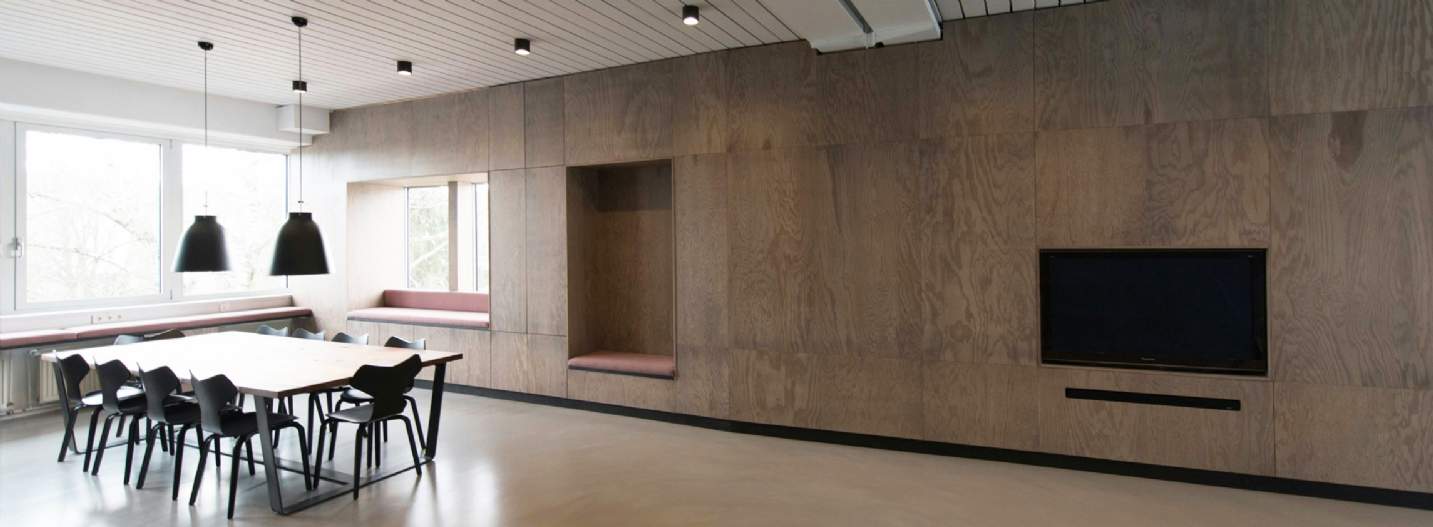Sentiment starting to improve after subdued levels of investment
Investment activity has been subdued across the regional office market, with £1.08 billion of turnover recorded in the first half of 2024 – this represented a 25% and 61% fall on the H1 2023 and the five-year average, respectively. There have been limited prime assets brought to the market, resulting in low investment volumes. Sentiment is starting to improve amongst investors, notably for assets across the Big Six regional cities. This has been most notable in Edinburgh, where the prime yield has fallen by 50 basis points to currently stand at 6.50%. The average prime regional office yield has remained at 7.00% – the recent announcement of the base rate being cut for the first time since March 2020 to 5.00% will help stimulate investment activity. It is anticipated that the average prime regional office yield will harden towards the end of the year. There have been £148 million of assets exchanged in July and a further £657 million is currently under offer, highlighting the improved activity.
Conversely, the immediate sentiment towards South East offices continues to be weak which has resulted in the prime office yield for that region moving out by a further 25 basis points to 7.75%. This is the highest level since July 1993. However, the occupational market dynamics for this region are robust, with take-up recorded at the end of H1 2024 being 45% above H1 2023 and a 2% increase on the five-year average.
The buyer pool across the regional market has become more disparate
The cohort of investors who are active in the regional office market is markedly different from ten years ago. This trend is evident when reviewing turnover by purchaser type. Institutional investors were the most active in 2014, accounting for 43% of investment volumes, whereas this proportion has fallen to 15% in 2024. It is expected that regional office investment activity from institutional investors will remain muted in the short to medium term, with a reduction in portfolio weightings towards offices and defined benefit pension schemes continuing to mature. There are a limited amount of active institutional investors who operate segregated mandate funds.
UK property companies have accounted for 38% of investment volumes in the first half of 2024, which is the highest proportion amongst all investor types. This has been driven by the appetite to seek alternative use opportunities, with many secondary assets being considered obsolete and unable to accommodate a modern occupier’s requirement.
The disparate nature of the buyer pool has been evident from the number of repeat purchasers. Since the start of 2023, there have only been five investors who have acquired three or more assets across the regional office market. It is expected that overseas investors and new entrants will replace the investment activity of institutional investors. Notably, there has been an uptick in activity from French SCPI’s funds. These investors have targeted the UK regional markets with the structural characteristics of the region appealing to this purchaser type. The smaller lot sizes prevalent in the market are aligned with their investment strategy – 92% of assets traded across the regional market since 2019 have been below £50 million. The expectation of yield hardening as a consequence of the base rate cut will appeal to more risk-averse overseas investors, predominantly Middle Eastern, which will help increase investment volumes towards the end of the year.
There has been an uptick in leasing activity in both the Greater London & South East and Big Six regional city occupational markets in H1 2024. Take-up was 2% and 3% above the five-year average for both regions, respectively.
This trend has been most apparent in the Greater London & South East region. There have been 48 deals recorded over 10,000 sq ft in H1 2024, which was 28% above the five-year average. Notably, the 10,000–19,999 sq ft size band has experienced the greatest increase in activity in this market area. There were 31 deals recorded which was a 55% increase on the five-year average. Deloitte’s CFO Q2 2024 Survey revealed that CFOs’ risk appetite has seen the highest rise in the last four years, with 36% of CFOs willing to take greater risk onto their balance sheets. This trend bodes well for improved levels of take-up across core office markets.
To further discuss the latest insights, please contact the Commercial Research team via the Authors panel.
Search for a commercial property
